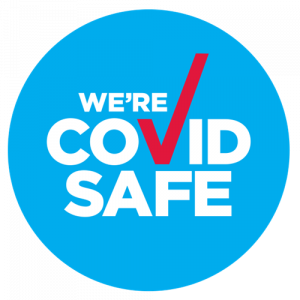Social skills are what we use to interact, connect, and communicate with other people. These can be verbal or non-verbal communication skills and help us understand how to behave in social situations and understand the rules (written or implied).
Some examples of important social skills for children include sharing, taking turns, cooperating, and communicating in a clear manner.
However, children with a diagnosis of Autism Spectrum Disorder often find this area of communication difficult. Good social skills promote positive interactions with those around us, so it’s important to encourage social skills in children with autism.
As a parent, you naturally want your child to have rich, meaningful relationships and communication with others. We’re here to help. In this blog, we share some tips and strategies to help improve social skills in children with autism, as well as how to make it fun.
How to improve a child’s social skills and relationship with their peers
When a child has trouble developing their social skills, they often have a hard time getting along with other children. This is a major source of concern for many parents.
Fortunately, you can support the development of social skills in children with autism in the comfort of your own home. Some fun and exciting strategies include:
- Reading books. While reading, ask your child questions about how the characters are feeling and why they’re feeling that way (you may need to model or give examples). You can also ask what could be done to help the character feel better. It’s a fun and simple way to introduce the concept of compassion for others to your child – plus, books are fantastic for all areas of development!
- Roleplay. Consider the social situations your child is having trouble with, then use props like stuffed toys and animals to act out the scenario with them. It’s all about practice.
- Visuals. Make up some colourful posters to encourage your child to remember their new social skills e.g. using a friendly voice, using appropriate greetings, and so on. You can make these posters together during arts and crafts time.
- Games. Try playing games where your child is not always “the winner” and take the opportunity to talk about ways to cope when things don’t go their way. It will also encourage appropriate turn-taking skills.
If in doubt, contact your local speech pathologist to help set up activities at home
Your child is a unique little person – the strategies above might not gel with them, or may not be as effective as you want them to be. If in doubt, have a chat with your local speech pathologist about other activities and games you can play at home to boost your child’s self esteem and communication skills.
At Harrison Speech Pathology, we have a team of experienced ASD speech pathologists on-site who can help set up some brand new activities and fun learning opportunities for your child.
Contact the team at Harrison Speech Pathology for more tips on building social skills in children with autism!
Image: Unsplash





